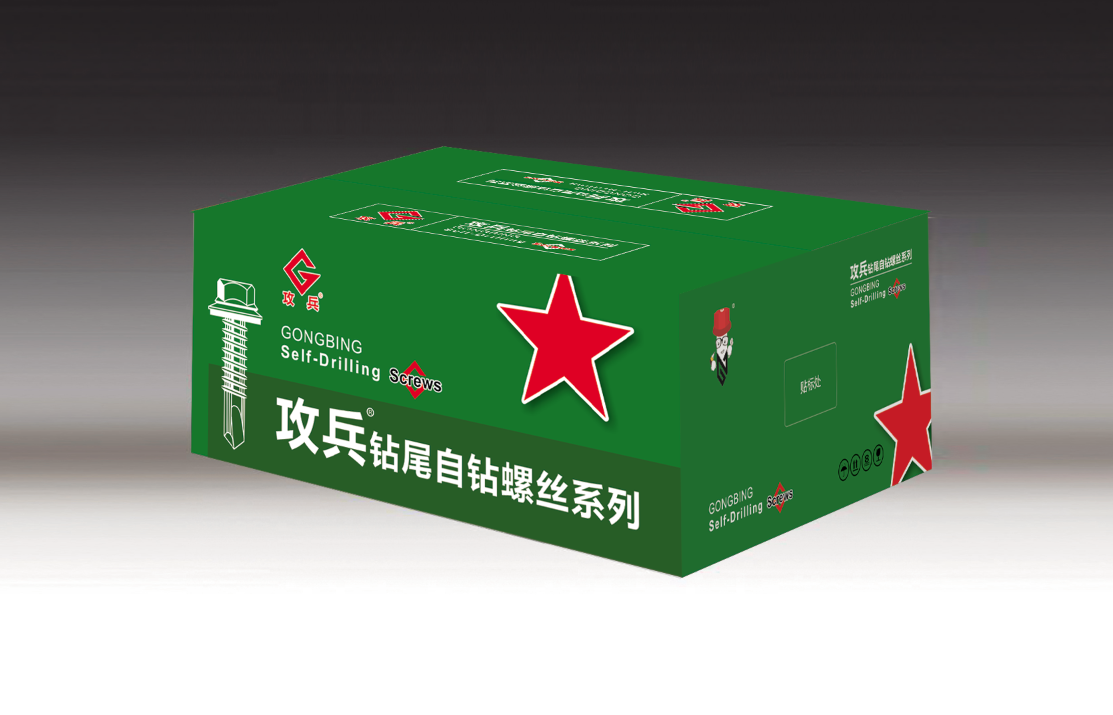Self-Tapping Screws Designed for Steel Applications and Structural Integrity
Understanding Self-Drilling Screws for Steel A Comprehensive Guide
When it comes to fastening materials, particularly in construction and metalwork, few tools are as indispensable as self-drilling screws. Designed specifically for use with steel, these screws offer a unique advantage that traditional screws cannot match. Understanding how self-drilling screws work, their benefits, and their applications is crucial for anyone involved in projects involving metal fastening.
What Are Self-Drilling Screws?
Self-drilling screws, also known as Tek screws, are fasteners that have a drill bit tip that allows them to create their own hole as they are driven into a material. This feature eliminates the need for pre-drilling, making them particularly efficient when working with steel. They are typically made from high-strength steel and are often coated to resist corrosion, making them suitable for both indoor and outdoor applications.
The Mechanism of Self-Drilling Screws
The key feature of self-drilling screws is their specially designed tip. The tip often resembles a drill bit and is engineered to cut through metal effectively. When the screw is driven in with a power tool, the tip penetrates the steel, creating a clean hole without the risk of cracking or deforming the metal. This design not only simplifies the installation process but also speeds it up, making self-drilling screws a favorite among builders and contractors.
Advantages of Using Self-Drilling Screws for Steel
1. No Pre-Drilling Required The most significant advantage of self-drilling screws is that they eliminate the need for pre-drilling holes. This saves time and labor, especially when working with thick steel materials.
2. Enhanced Speed and Efficiency Since these screws are designed for quick installation, they can significantly reduce labor costs and project timelines. This efficiency is particularly advantageous in large-scale construction projects.
3. Strong Joint Creation Self-drilling screws are capable of creating strong and secure joints. Their robust design ensures that they hold well under tension and shear forces.
self drilling screws for steel

4. Versatility While they are commonly used for steel, self-drilling screws can also be effective for other materials like wood and plastic, making them a versatile option for various projects.
5. Reduced Risk of Damage Unlike traditional fastening methods that might damage the materials being joined, self-drilling screws create a hole that is specifically designed for the screw, minimizing the risk of material damage.
Common Applications of Self-Drilling Screws
Self-drilling screws are widely used across numerous industries. Some common applications include
- Construction In steel frame construction, these screws are often used to secure metal studs, wall panels, and roofing materials. - Automotive Used in vehicle assembly for securing metal parts, self-drilling screws are crucial in automotive manufacturing. - HVAC Systems These fasteners are frequently used in heating, ventilation, and air conditioning systems for metal ductwork. - Signage and Displays For mounting signs to metal structures, self-drilling screws provide a reliable fastening solution. - Manufacturing of Appliances In making appliances that involve metal casings, these screws are a go-to choice for efficient assembly.
Choosing the Right Self-Drilling Screw
When selecting self-drilling screws for specific applications, it's essential to consider factors like
- Material Thickness Ensure the screw length and thread design can accommodate the thickness of the steel being fastened. - Coating For outdoor applications, look for screws with corrosion-resistant coatings like zinc or polymer. - Thread Design Different projects may require different thread patterns, so choose a screw that matches your needs for optimal holding power. - Head Type The type of screw head (like hex, Phillips, or flat) can affect the ease of installation based on your tool choices.
Conclusion
Self-drilling screws are a revolutionary fastening solution for steel and other materials. Their ability to eliminate the need for pre-drilling makes them a highly efficient option in both construction and manufacturing contexts. By understanding their benefits and applications, professionals can make informed decisions that enhance productivity, reduce costs, and improve the quality of their work. Whether you're a contractor, builder, or DIY enthusiast, incorporating self-drilling screws into your toolkit will undoubtedly streamline your projects and lead to more secure and lasting connections.
-
Weatherproof Plastic Expansion Anchors for OutdoorNewsJun.06,2025
-
Sustainability in the Supply Chain: Eco-Friendly TEK Screws ProductionNewsJun.06,2025
-
Load-Bearing Capacity of External Insulation FixingsNewsJun.06,2025
-
Double Head Bolts: Enhancing Efficiency in Industrial MachineryNewsJun.06,2025
-
Corrosion Resistance in Chipboard Screws: Coatings for Wholesale DurabilityNewsJun.06,2025
-
Butterfly Toggle Bolts : Enhancing Structural ResilienceNewsJun.06,2025
